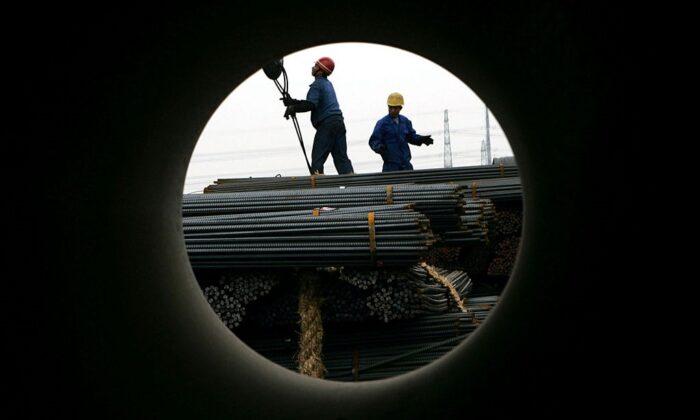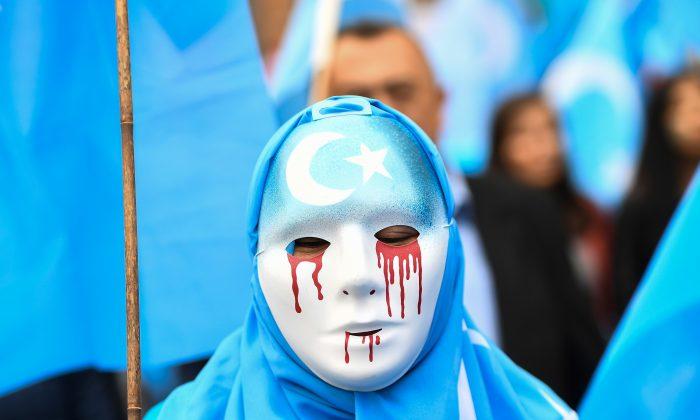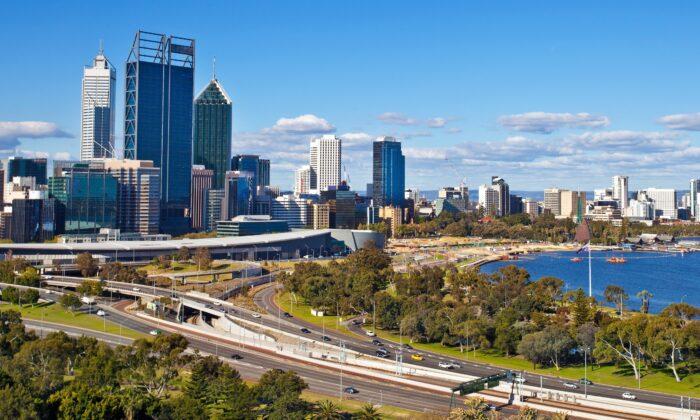Last month, Australia funnelled more than a third of all its exports to feed China’s insatiable appetite for iron ore.
This was out of $19 billion (US$14 billion) of shipments sent to China, breaking further records as Australian exports surpassed $40 billion (US$30 billion) in June alone.
China even splurged on its second largest acquisition of Australian gold bullion worth $850 million (US$625 million), almost double what it had imported in May.

Australian Strategic Policy Institute Director of Defence, Strategy and National Security, Michael Shoebridge, previously told The Epoch Times that Australian iron ore had been protected from “Chinese state coercion” because of its overwhelming value to China’s own economy.

China, the world’s biggest steelmaker, utilises iron in the production of steel, which sees applications ranging from the construction industry to military-class submarines.
“The reliability and scale of other producers have not been able to match Australian suppliers, and much of this is unlikely to change fast—sovereign risk in a number of African states remains an enduring problem,” Shoebridge told The Epoch Times in an email.
“Australia’s comparative advantages from the nature of the deposits and the high technology techniques of the mining companies make Australia the highest volume, most globally competitive producer of iron ore. That is an enduring advantage supported by continual investment,” he said.
One state that has benefitted most from China’s hunger for iron ore has been Western Australia (WA), Australia’s primary mining state.
WA has underpinned Australia’s economic recovery through its iron ore production, and in June the state’s exports reached a record of close to $24 billion (US$17.5 billion).
“You don’t support the nation unless you have customers, and our biggest customer is China. So I just think that our language should be very nuanced,” McGowan said.





